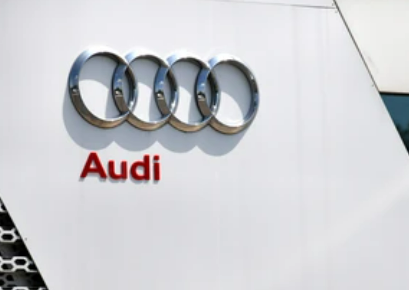
Skylar Williams
Oct 31, 2022 14:38

Audi's director of human resources is in favor of one-time tax-free bonuses rather than permanent wage increases, while unions around Europe's largest economy seek higher wages due to rising inflation.
In October, consumer price inflation reached 11.6%, eroding the purchasing power of German workers. Due to growing material and energy prices, however, employers have little room for wage increases.
The German union IG Metall has called for strikes in the metal and electrical industries, which began on Saturday night at selected businesses. The union is asking for an 8% wage raise for the country's largest manufacturing sector's 3,8 million employees.
The union rejected an offer from businesses to pay 3,000 euros over 30 months as a temporary solution to aid workers in coping with inflation.
Xavier Ros, the head of human resources at Audi, claimed that such payment may be a way to reach an agreement, adding that large salary increases in response to growing consumer prices would be bad to the economy in the long run.
Ros was quoted in the German publication Automobilwoche as saying, "We must evaluate the sustainability of such a significant wage increase in a temporary circumstance."
Audi, a Volkswagen (ETR:VOWG p) Group brand, is not a direct participant in the wage negotiations, but it executes the resulting salary agreement.
Ros said, "Given the gravity of the situation, I understand why these conversations are more challenging than usual."

Oct 31, 2022 14:37

Nov 01, 2022 14:45